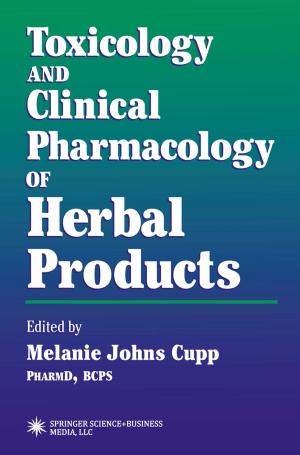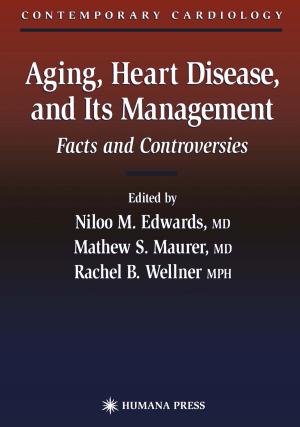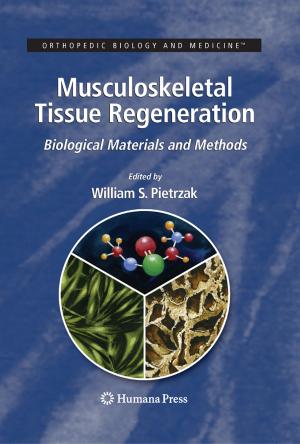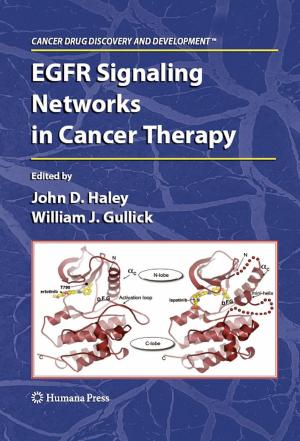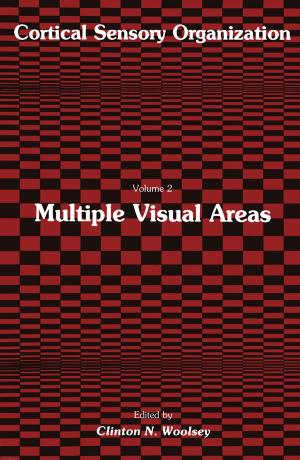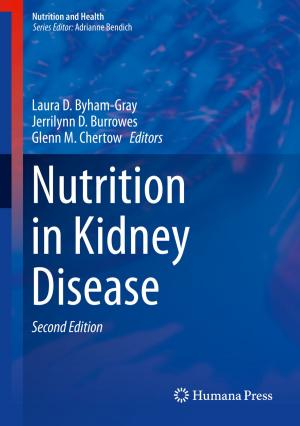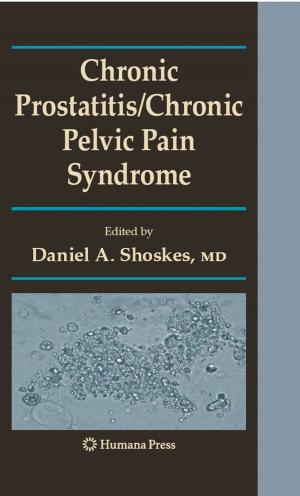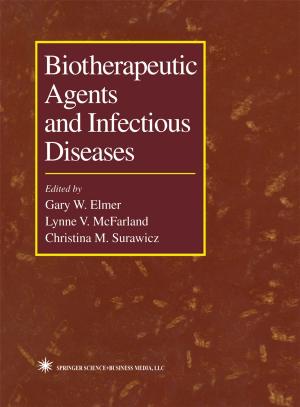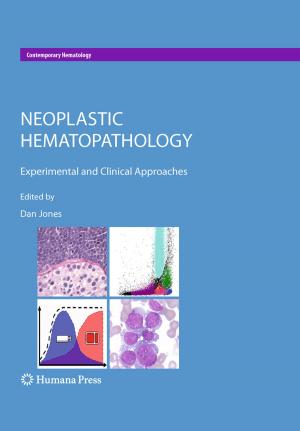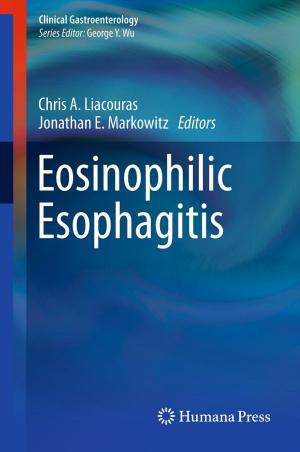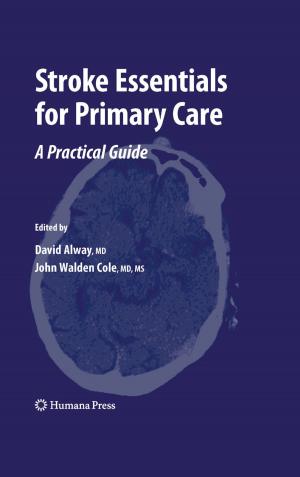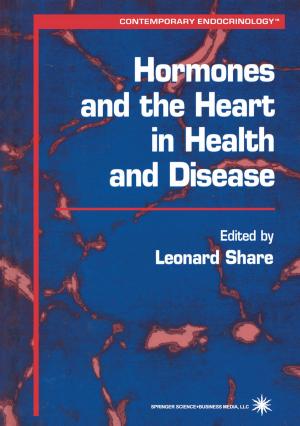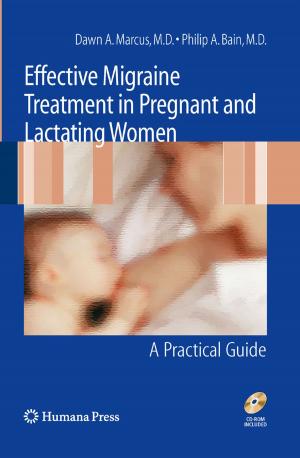Studies on Cardiovascular Disorders
Nonfiction, Science & Nature, Science, Biological Sciences, Cytology, Other Sciences, Molecular Biology| Author: | ISBN: | 9781607616009 | |
| Publisher: | Humana Press | Publication: | September 11, 2010 |
| Imprint: | Humana | Language: | English |
| Author: | |
| ISBN: | 9781607616009 |
| Publisher: | Humana Press |
| Publication: | September 11, 2010 |
| Imprint: | Humana |
| Language: | English |
This collection of articles on oxidative stress in clinical practice surveys essential current research in what is a rapidly evolving field. As well as giving the reader a mechanistic overview of how oxidative stress affects cardiovascular disease, it analyzes the potential of a number of therapeutic options that target these pathways. Understanding the complexity of the cellular redox system could lead to the development of better targeted interventions that facilitate patient recovery. Even as large-scale clinical trials of so-called ‘simple’ antioxidant approaches such as vitamins C and E show that significant benefits for cardiovascular patients remain elusive, Studies on Cardiovascular Disorders demonstrates that such approaches are too simplistic. Beginning with a summary of redox signaling models that could induce the progression of redox-associated cardiovascular disorders, the volume moves on to examine redox-mediated protein modification under physiological and pathophysiological conditions. It provides an outline of the signaling pathways in cardiovascular development during embryogenesis, and what impact these might have in the differentiation process of resident cardiac and blastocyst derived stem cells. Further chapters detail our current knowledge of the influence the sensory nervous system exerts on the cardiovascular system, and the paradoxical role of mitochondria-derived ROS in cardiac protection. In all, almost 30 contributions cover issues as diverse as the antioxidant properties of statins in the heart and the oxidative risk factors for cardiovascular disease in women. A range of medical practitioners will find the contents of Studies on Cardiovascular Disorders provides illuminating insight into the Janus-faced role of ROS in the cardiovascular system.
This collection of articles on oxidative stress in clinical practice surveys essential current research in what is a rapidly evolving field. As well as giving the reader a mechanistic overview of how oxidative stress affects cardiovascular disease, it analyzes the potential of a number of therapeutic options that target these pathways. Understanding the complexity of the cellular redox system could lead to the development of better targeted interventions that facilitate patient recovery. Even as large-scale clinical trials of so-called ‘simple’ antioxidant approaches such as vitamins C and E show that significant benefits for cardiovascular patients remain elusive, Studies on Cardiovascular Disorders demonstrates that such approaches are too simplistic. Beginning with a summary of redox signaling models that could induce the progression of redox-associated cardiovascular disorders, the volume moves on to examine redox-mediated protein modification under physiological and pathophysiological conditions. It provides an outline of the signaling pathways in cardiovascular development during embryogenesis, and what impact these might have in the differentiation process of resident cardiac and blastocyst derived stem cells. Further chapters detail our current knowledge of the influence the sensory nervous system exerts on the cardiovascular system, and the paradoxical role of mitochondria-derived ROS in cardiac protection. In all, almost 30 contributions cover issues as diverse as the antioxidant properties of statins in the heart and the oxidative risk factors for cardiovascular disease in women. A range of medical practitioners will find the contents of Studies on Cardiovascular Disorders provides illuminating insight into the Janus-faced role of ROS in the cardiovascular system.

